
Make it stand out
What’s been happening?
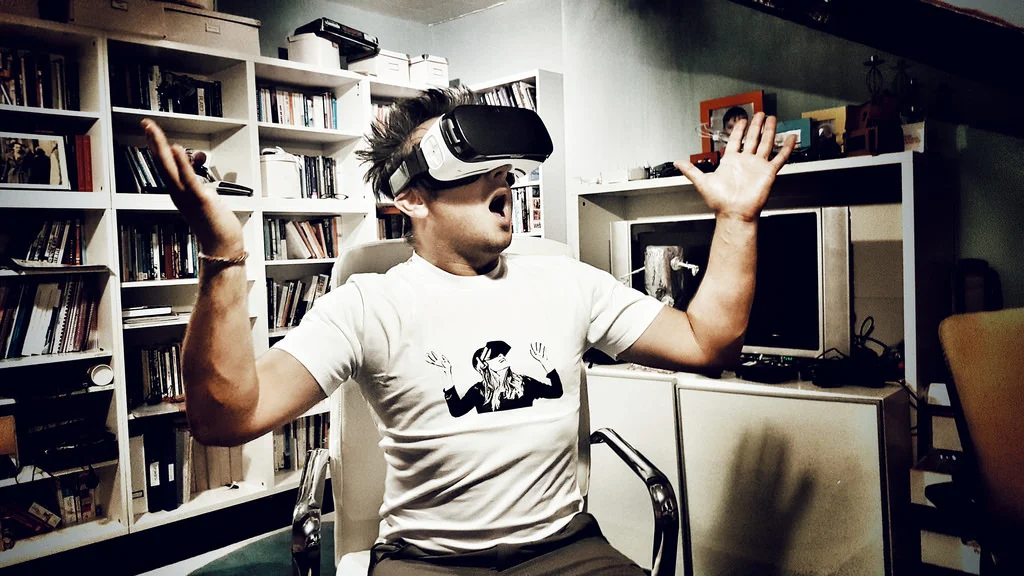
In Search of Reality

How artificial intelligence could provide some respite for the NHS
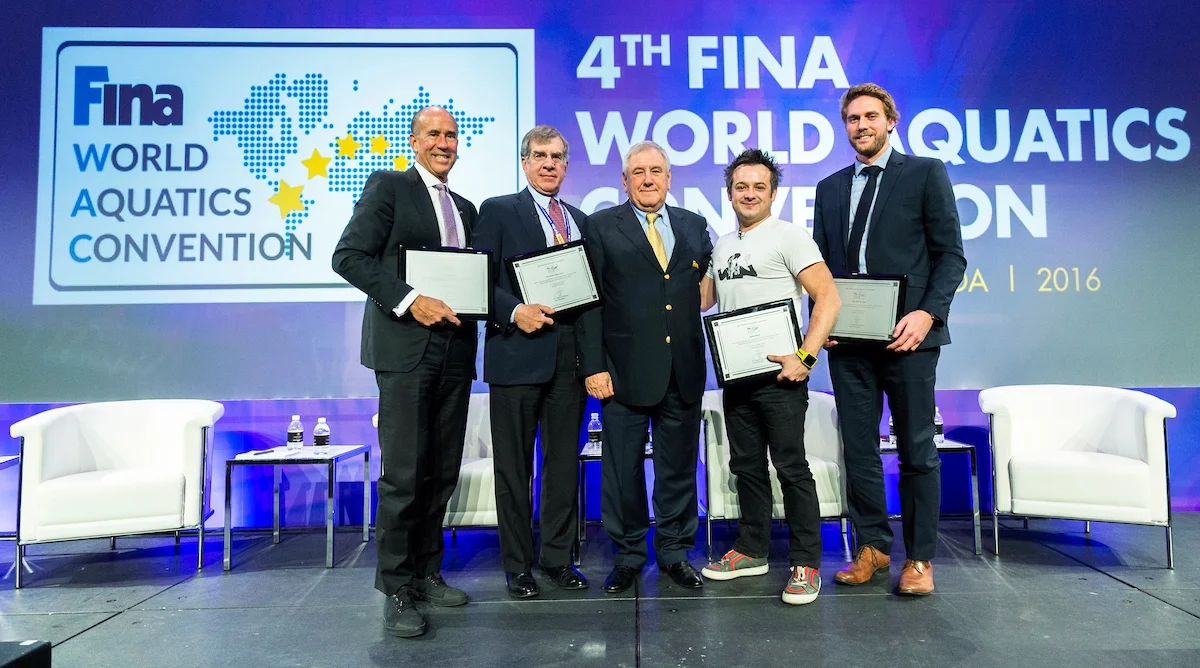
Sport 2.0 at the World Aquatics Convention #FWAC2016

Making VR Matter
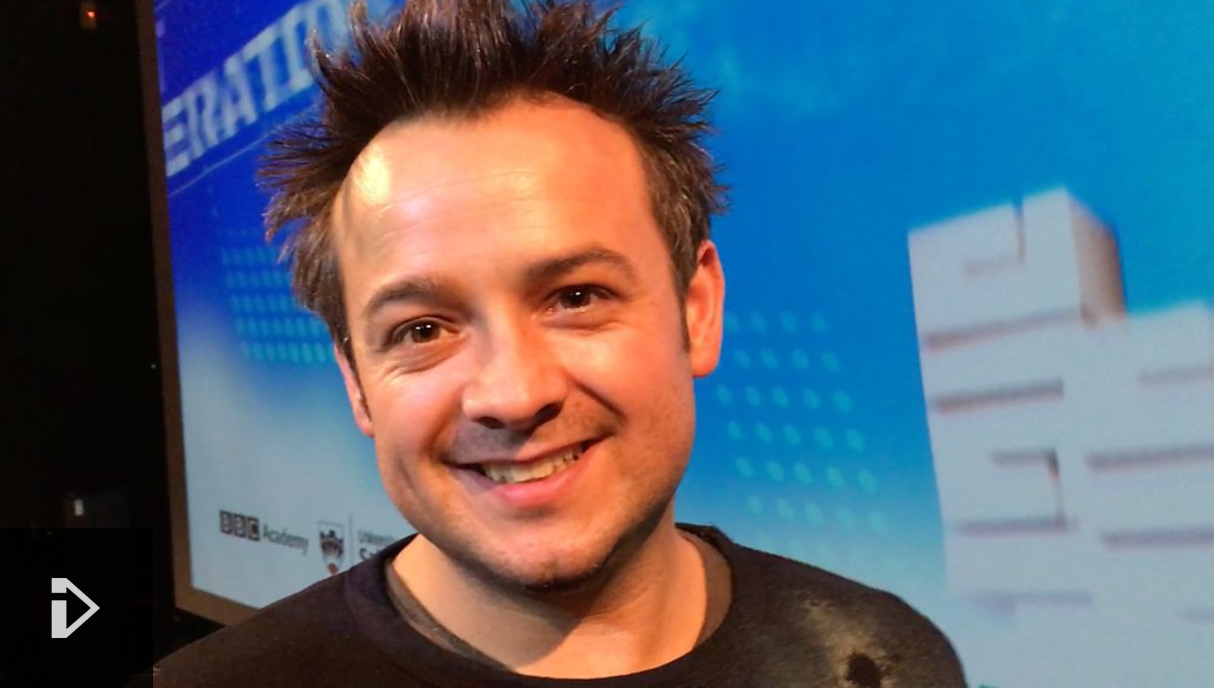
What's next for digital sport
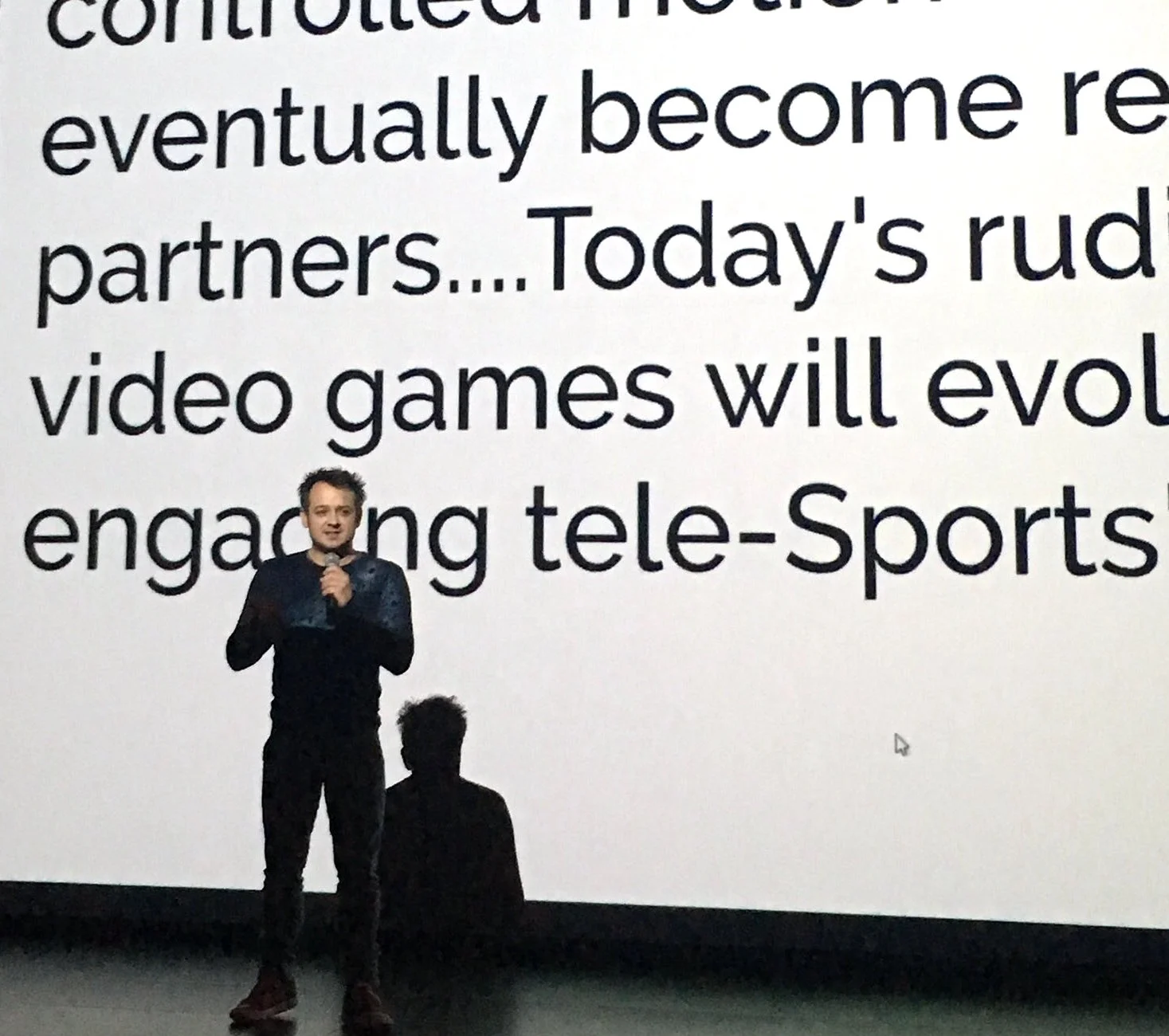
Virtual Reality for Sport
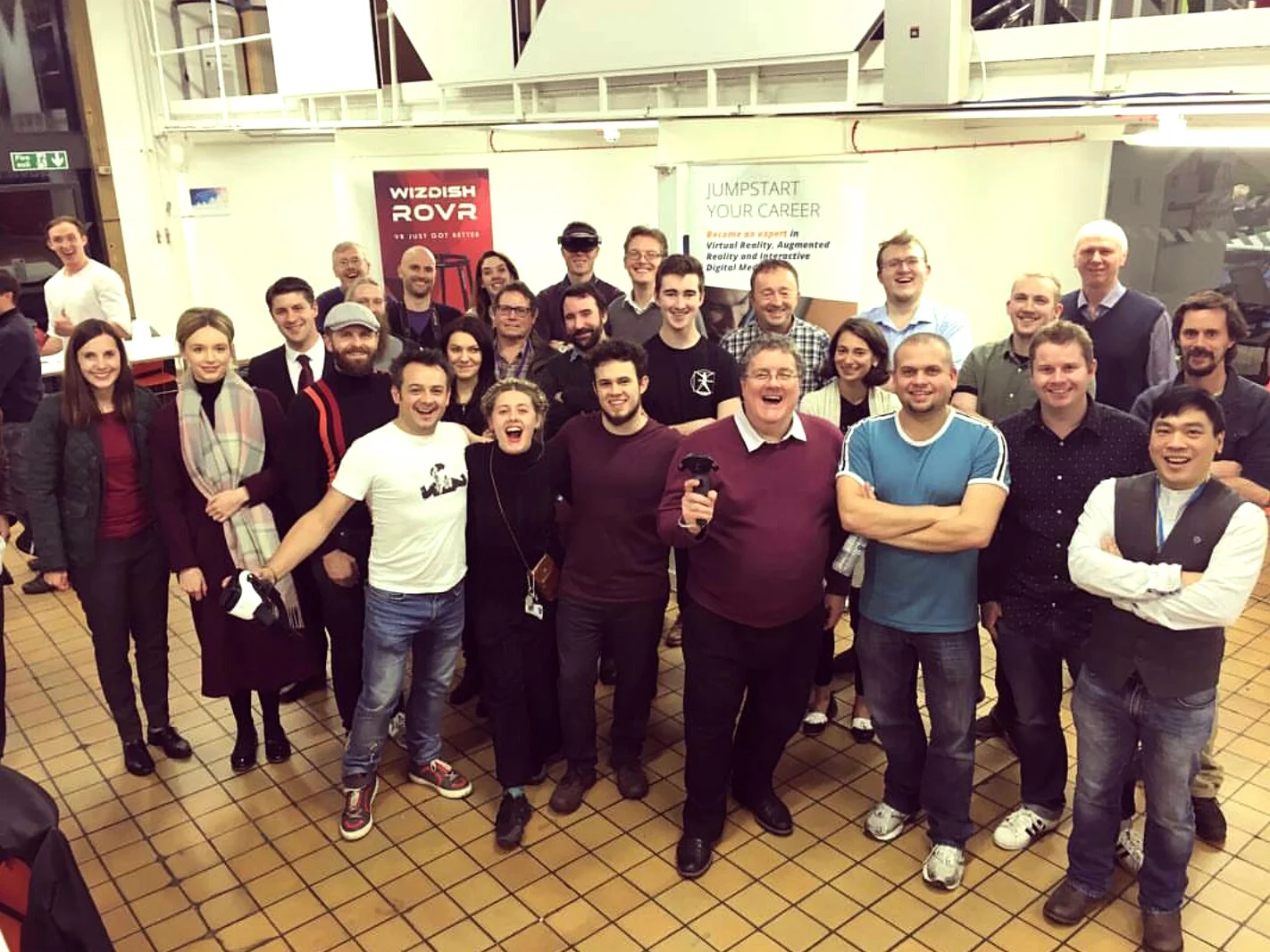
Directions in Virtual Reality
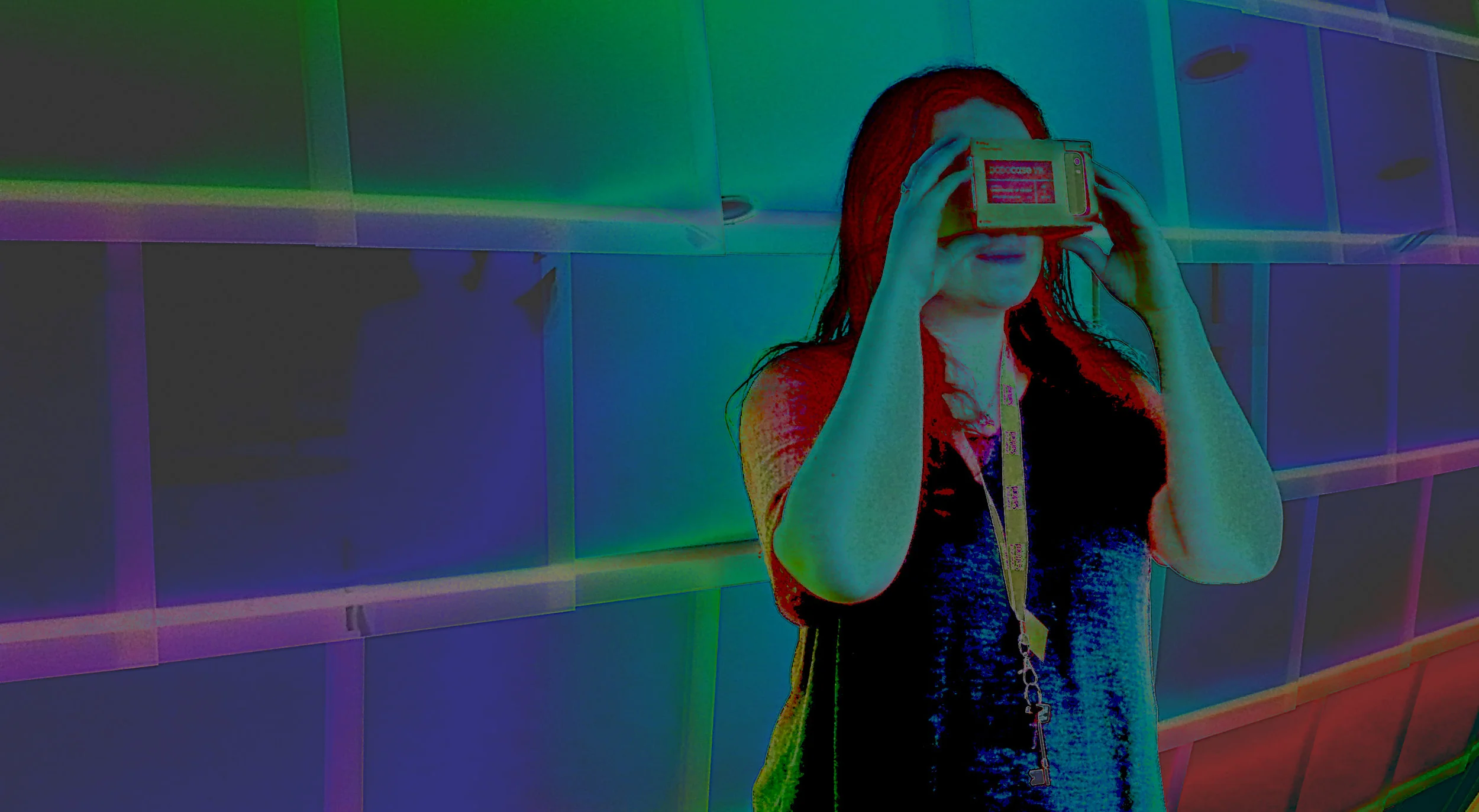
Re-Thinking Journalism
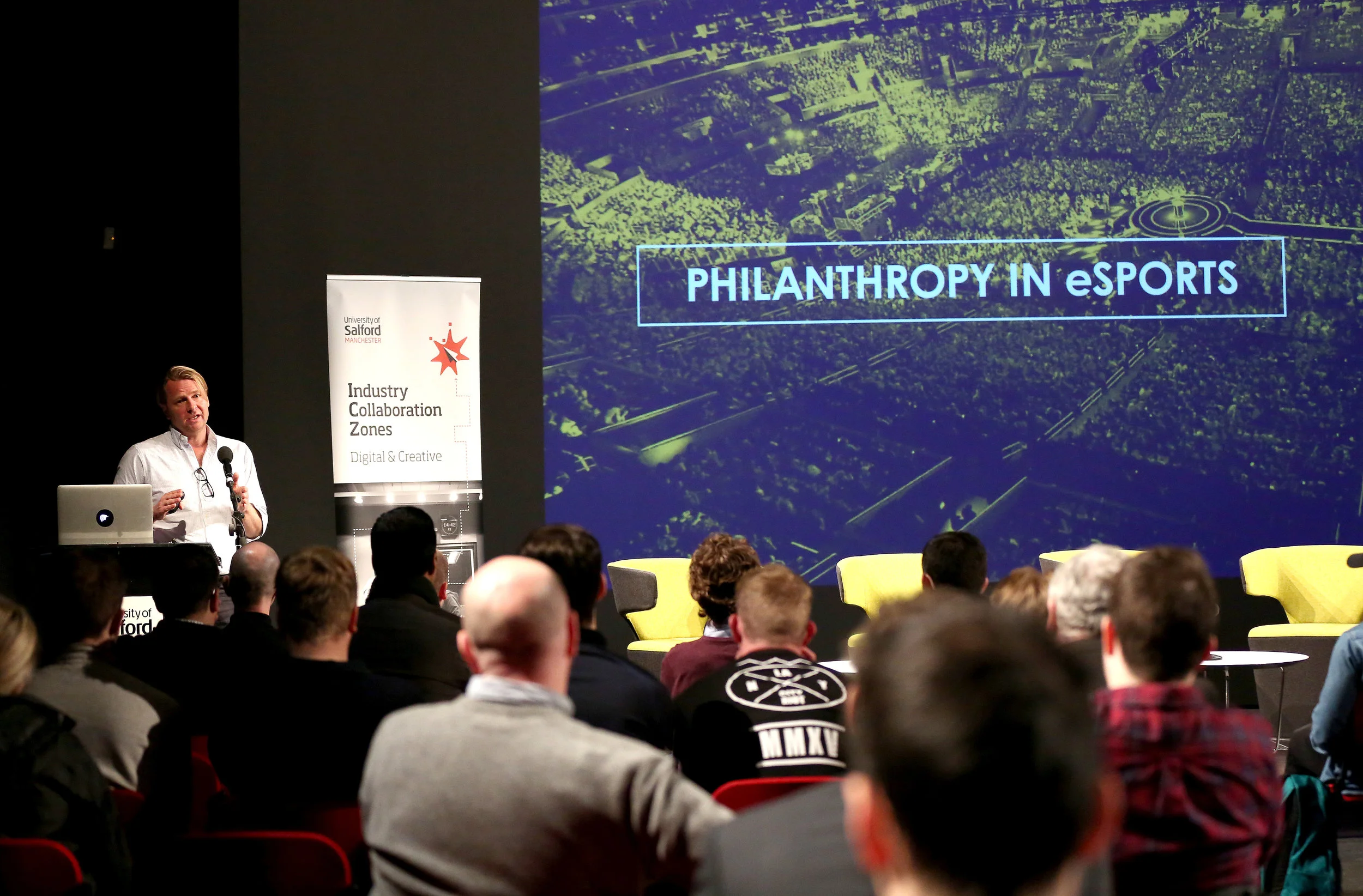
Esports at Salford University #esportsUoS16
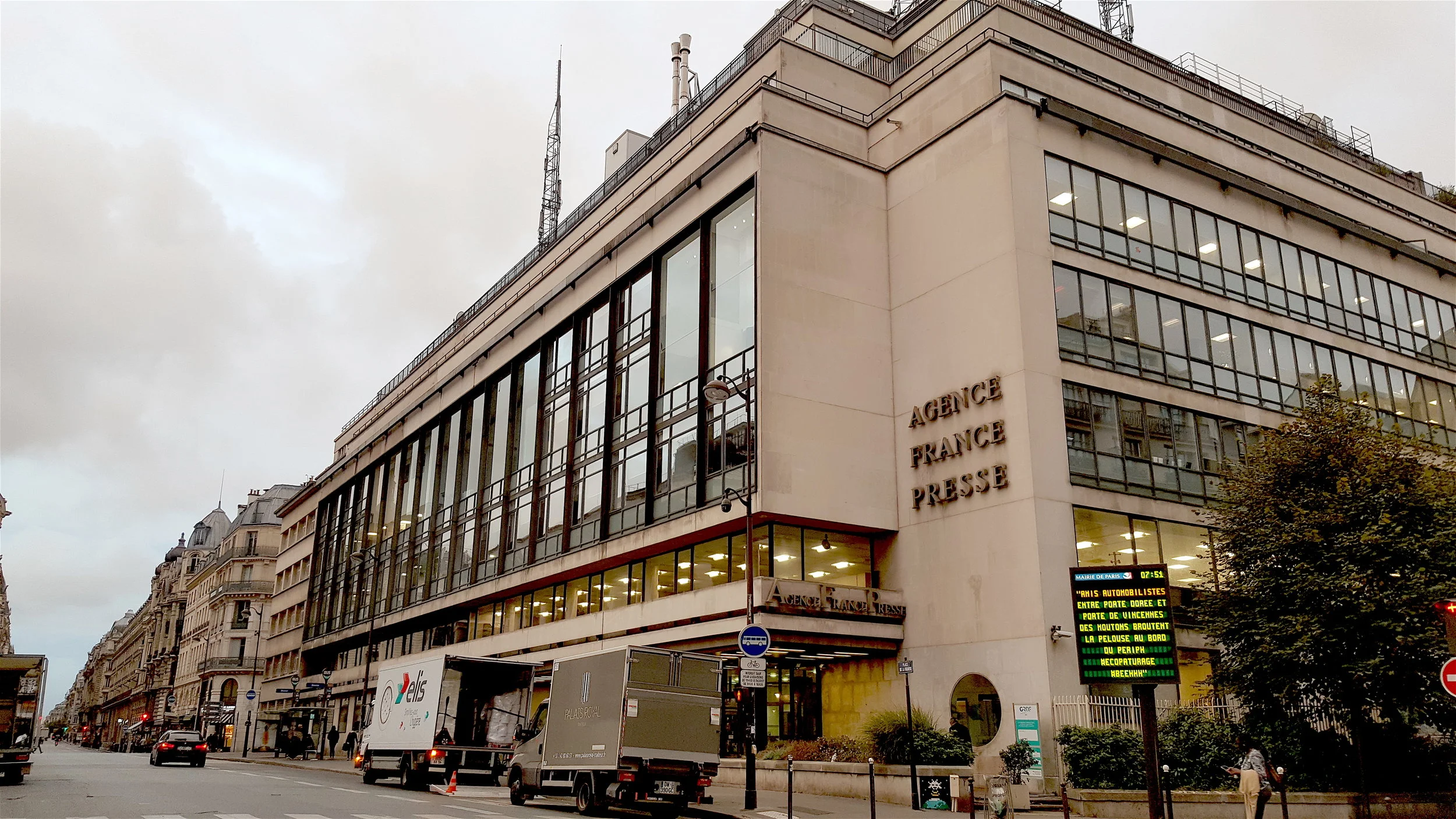
Protecting the future of News Media
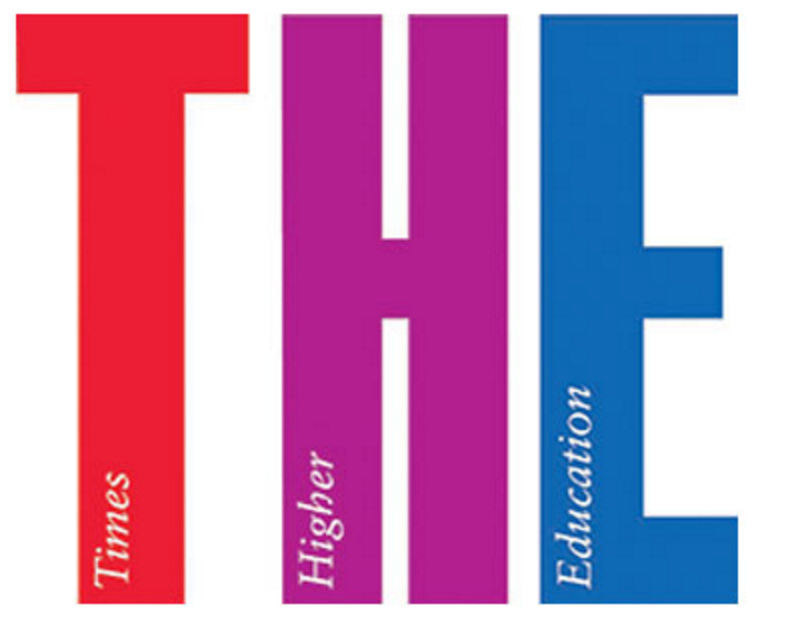
Why academics should care about social media

The A-Z of Social Media for Academia - Re-launch
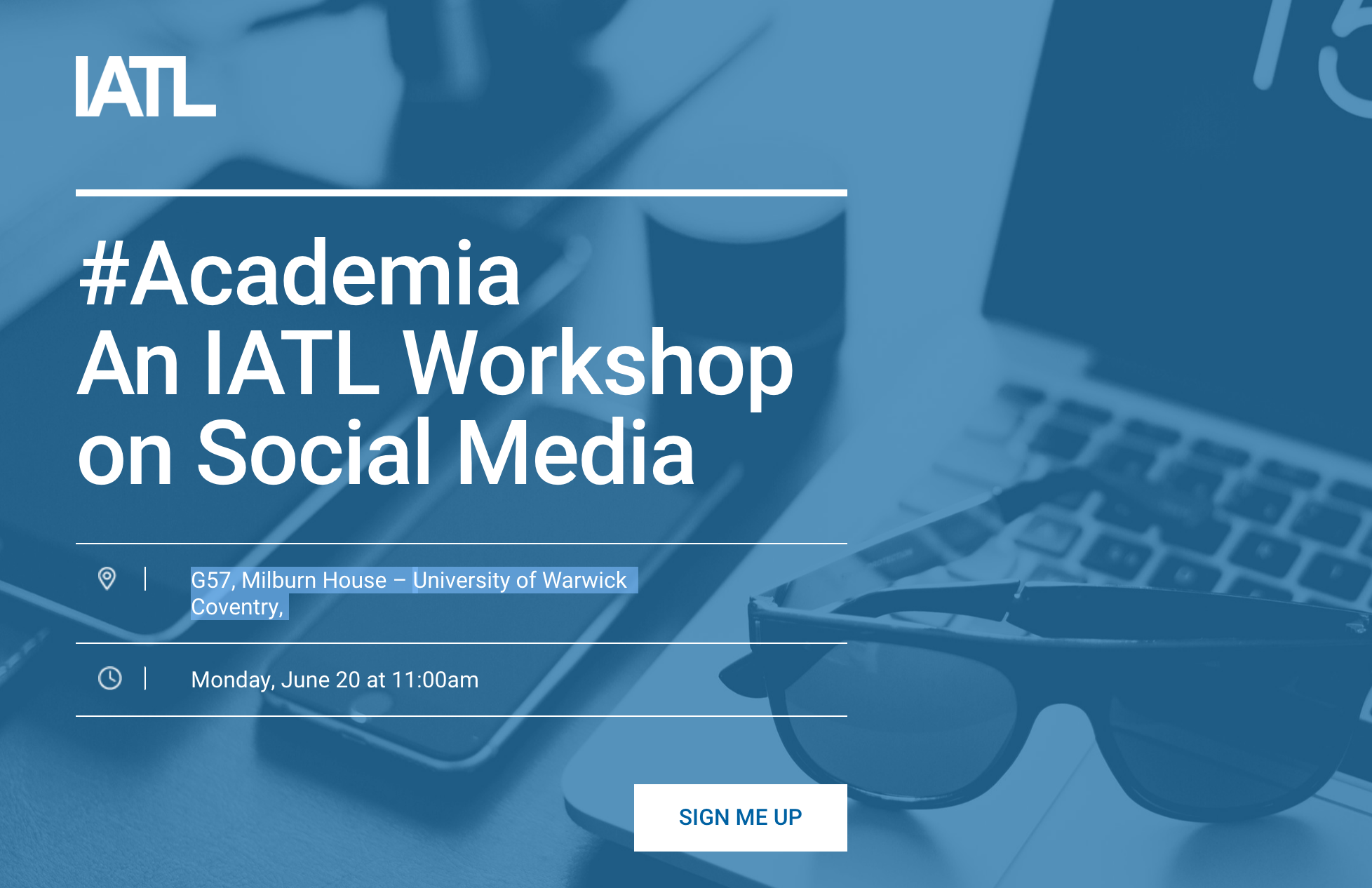
Academia 2.0
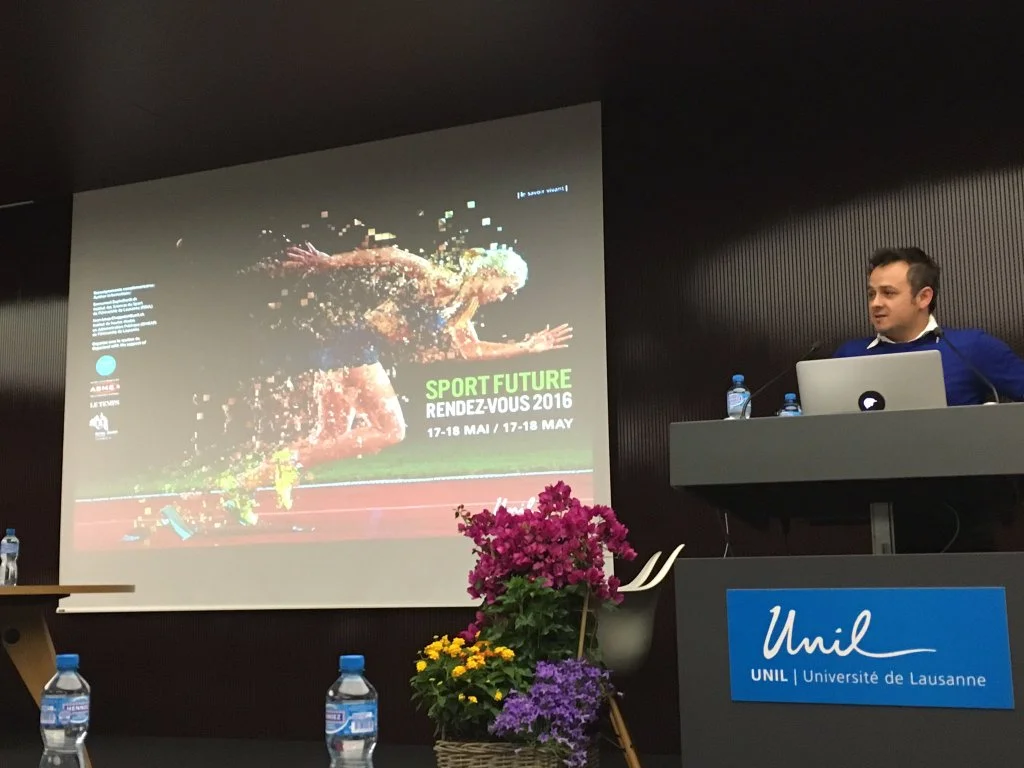
Sport 2.0 #sportfuture
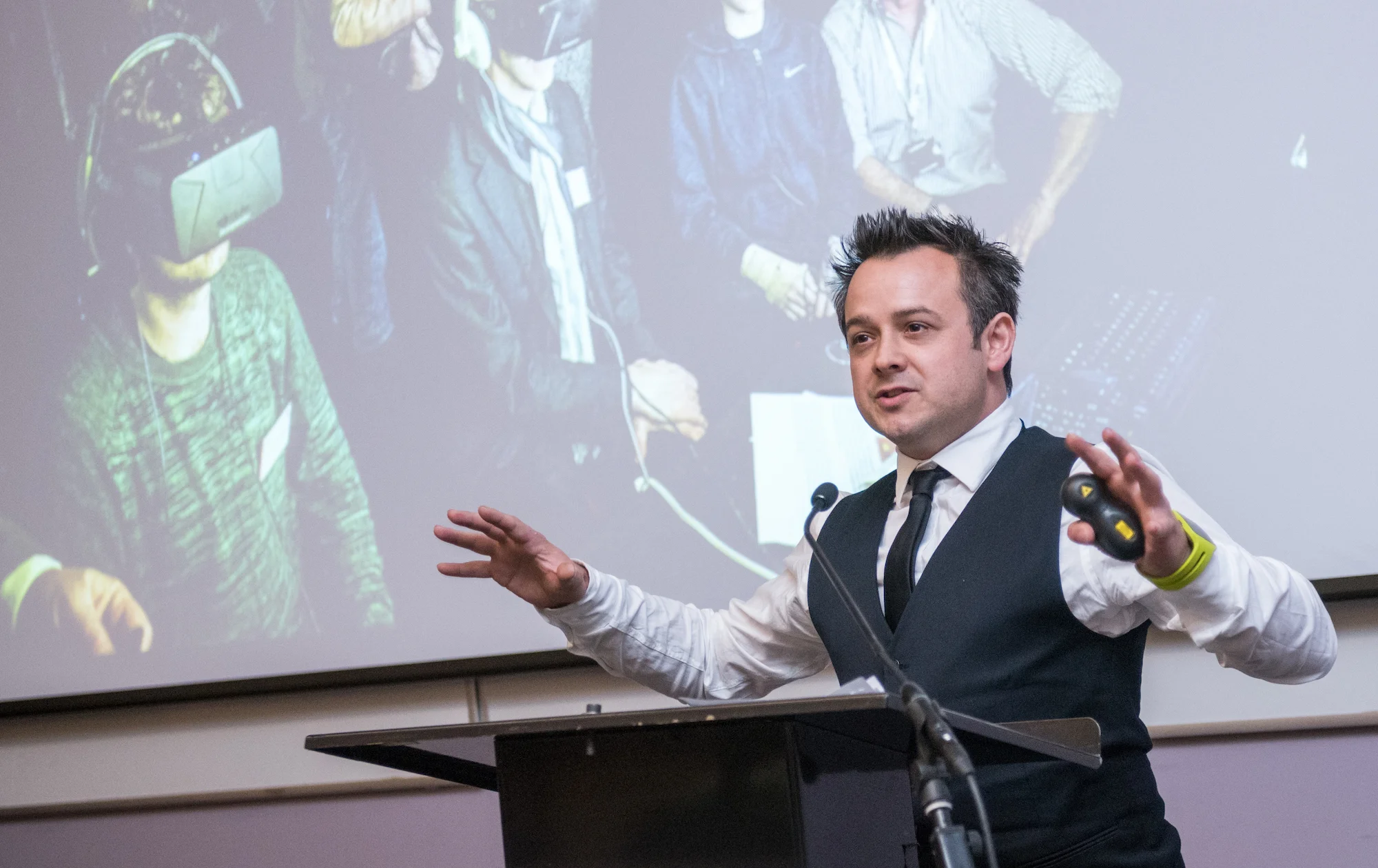
What will virtual reality sport experiences feel like?
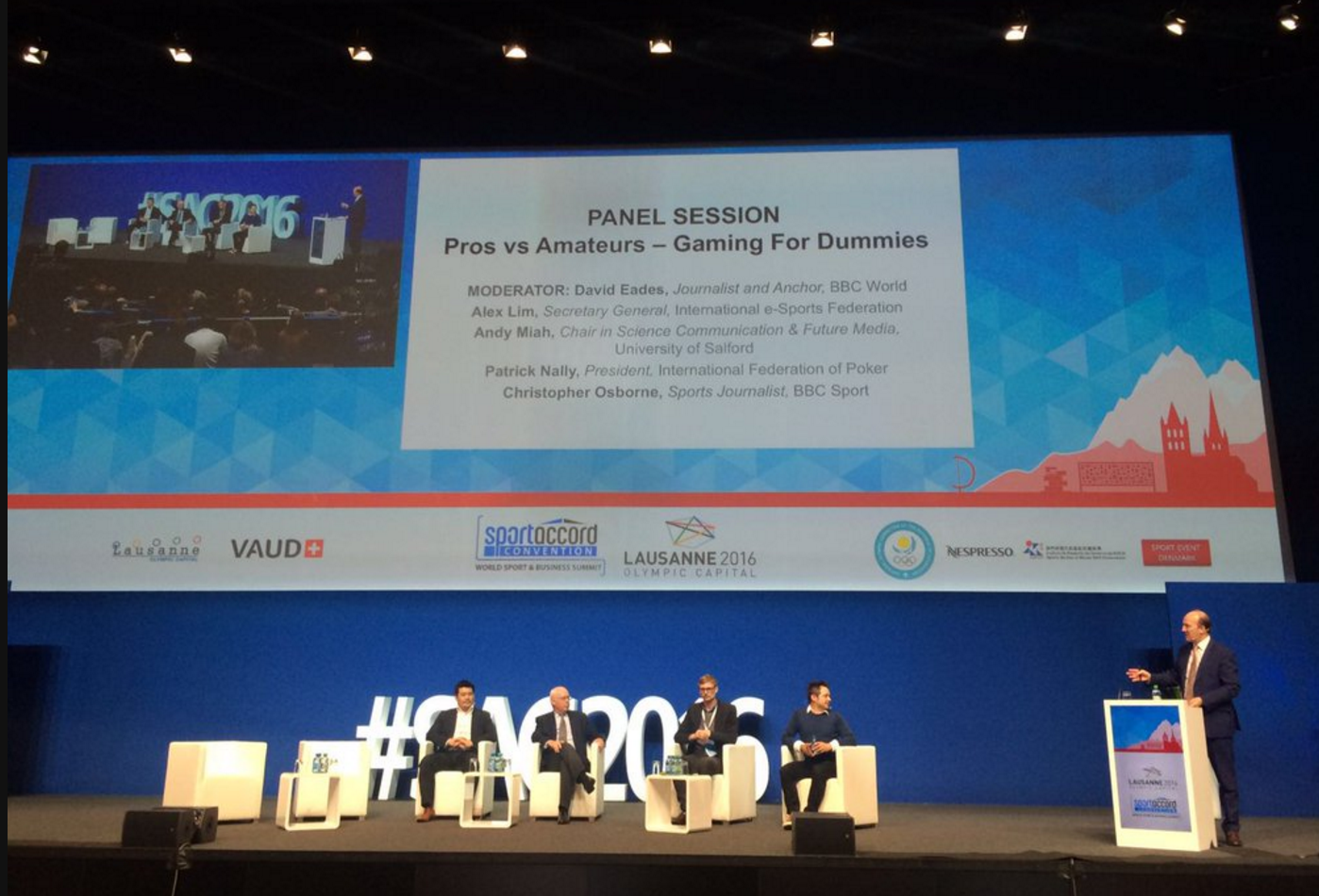
In the future, all sports will be e-sports #SAC2016
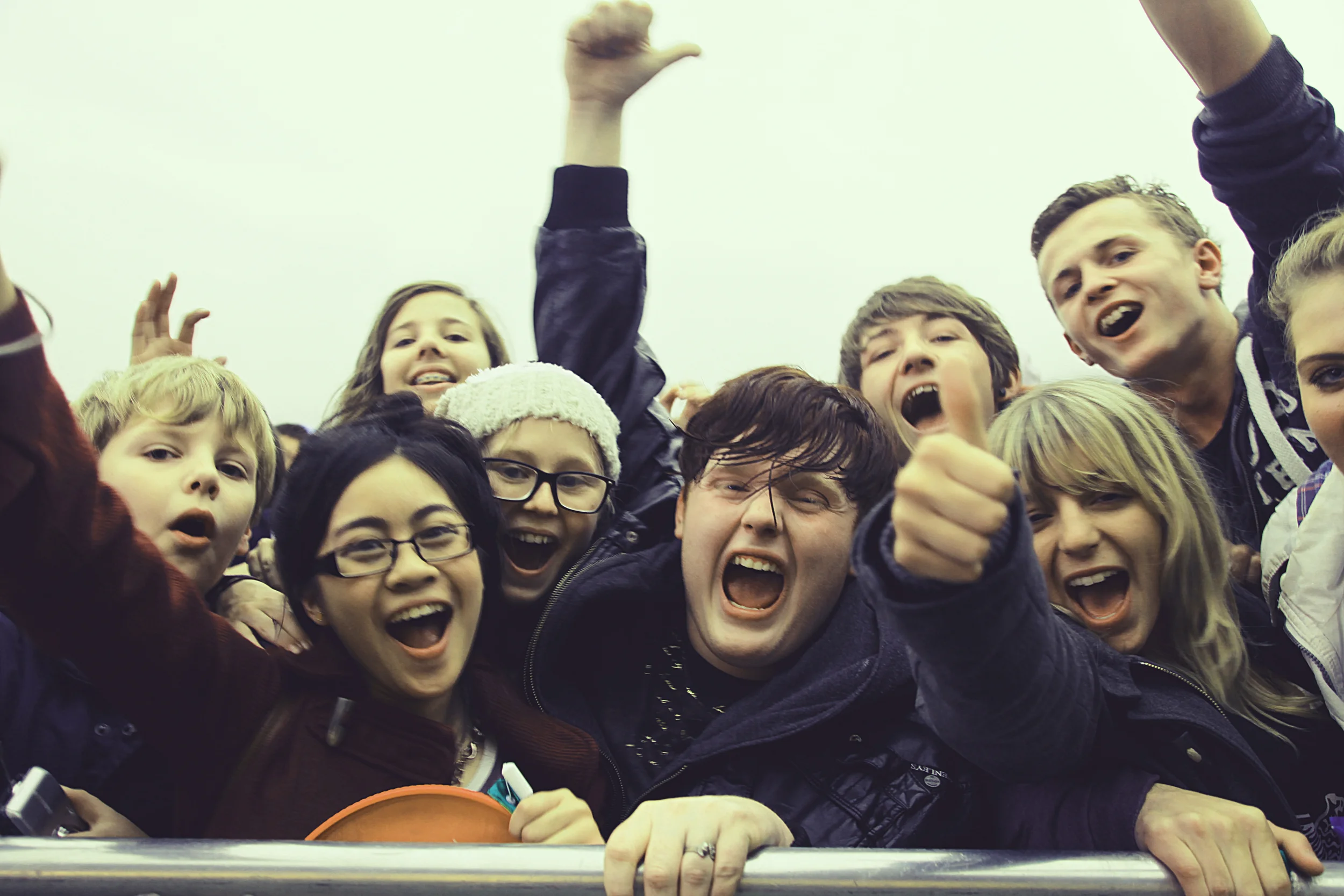
Revision 2.0 - The Top 10 Exam Revision Tips

How will virtual reality change watching and playing sport?

Prolific North Live

